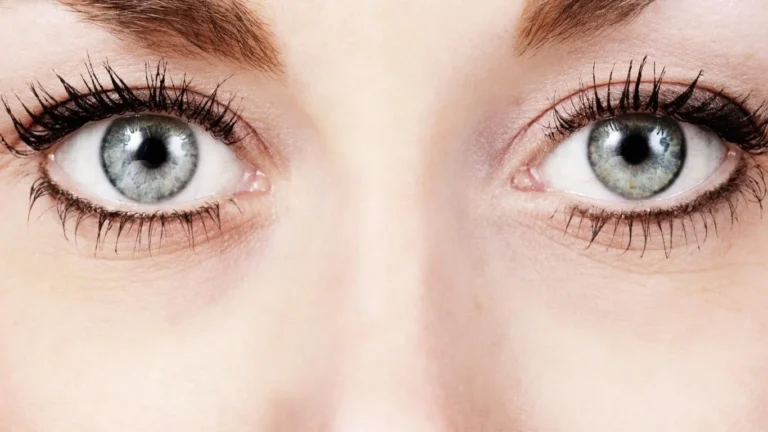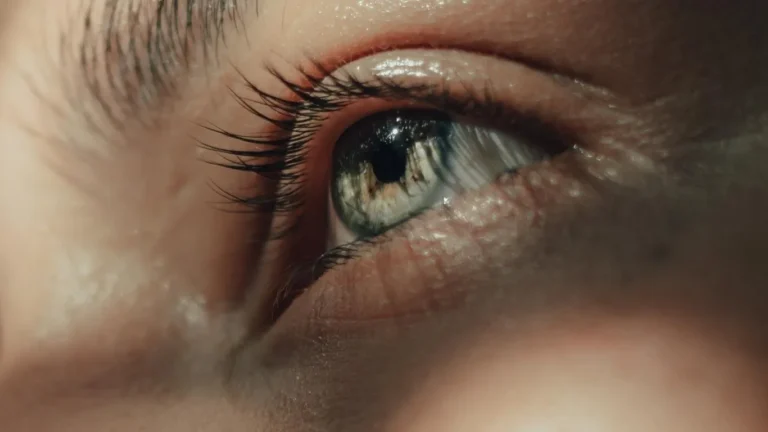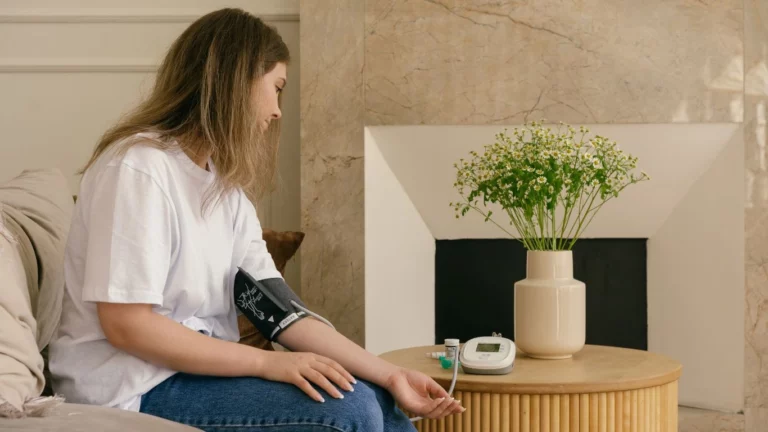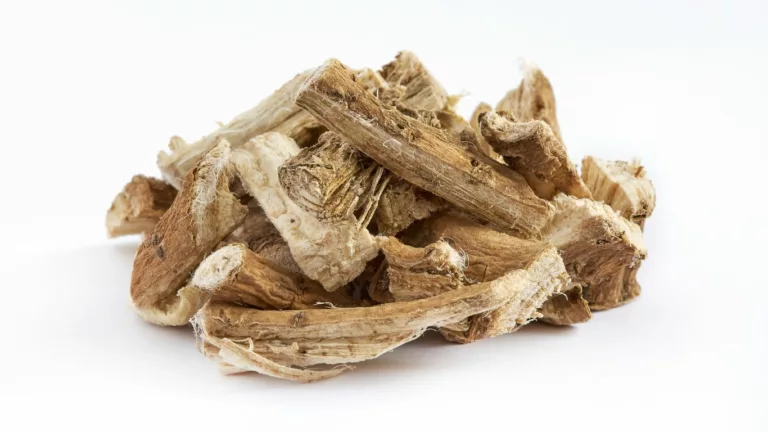Hypertension and Heart Disease Prevention
Worried about your blood pressure or heart health? Let’s talk about practical ways to keep your heart strong and your blood pressure in check—because prevention is always better than cure!
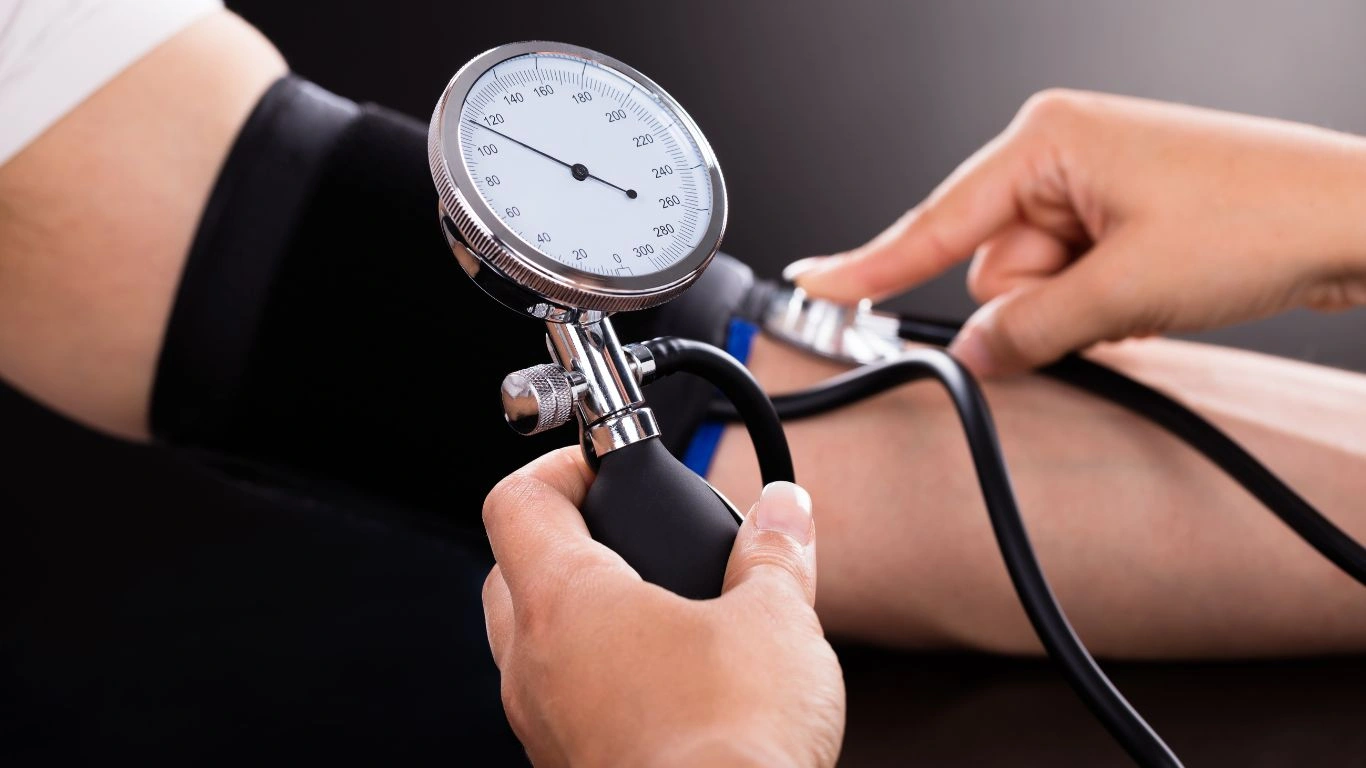
What Is Hypertension?
Hypertension is basically when your blood pressure stays too high for too long. It’s like your blood is running a marathon, and your arteries are getting tired. Left untreated, it can lead to heart disease, stroke, and a bunch of other issues you definitely don’t want.
The Link Between Hypertension and Heart Disease
High blood pressure puts extra strain on your heart and blood vessels. Over time, this can damage your arteries, make your heart work overtime, and lead to conditions like heart attacks, heart failure, and strokes. It’s all connected, so managing blood pressure is a huge part of keeping your heart healthy.

Key Prevention Strategies
1. Eat a Heart-Healthy Diet
- Load up on fruits and veggies: Think colorful plates with greens, berries, and citrus.
- Cut back on sodium: Too much salt can spike your blood pressure. Opt for herbs and spices for flavor instead.
- Healthy fats FTW: Choose olive oil, avocados, and fatty fish like salmon over saturated fats.
2. Get Moving
Regular exercise is like a cheat code for your heart. Aim for at least 30 minutes of moderate activity (like walking, cycling, or yoga) most days of the week. Not only does it help with blood pressure, but it also keeps your heart muscle strong.
3. Maintain a Healthy Weight
Carrying extra weight can increase your risk of hypertension and heart disease. The goal isn’t to look like a supermodel—it’s about finding a weight that’s healthy for you and sticking to it.
4. Manage Stress Like a Pro
Chronic stress is bad news for your blood pressure. Practice mindfulness, take up hobbies, or just make time for the things you love. Seriously, your heart will thank you.
5. Limit Alcohol and Quit Smoking
- Alcohol: Moderate drinking is okay, but overdoing it can raise your blood pressure.
- Smoking: Just don’t. Smoking damages your blood vessels and is a huge risk factor for heart disease.

Recognizing the Warning Signs
Here’s the thing—hypertension is often called the “silent killer” because it doesn’t always show obvious symptoms. That’s why regular check-ups are so important. Some signs to watch out for include:
- Persistent headaches
- Shortness of breath
- Chest pain or discomfort
- Irregular heartbeat
If you notice any of these, don’t ignore them. Get checked out ASAP.
FAQs
- Can stress really cause high blood pressure? Yep, stress can temporarily spike your blood pressure. Over time, chronic stress may contribute to habits (like overeating or smoking) that can lead to hypertension.
- How much salt is too much? The American Heart Association recommends no more than 2,300 mg of sodium a day, but aiming for under 1,500 mg is even better for most adults.
- Is hypertension hereditary? It can be. If your family has a history of high blood pressure, your risk is higher, but lifestyle changes can still make a big difference.
- How often should I check my blood pressure? If you’re healthy, once every 2 years is fine. If you’re at risk, check more often—your doctor will guide you on this.
- Are there any natural remedies for lowering blood pressure? Lifestyle changes like a healthier diet, exercise, and stress management are your best bets. Some studies suggest that garlic, hibiscus tea, and magnesium may help, but always talk to your doctor before trying anything new.
References
- American Heart Association. (2024). Managing High Blood Pressure. Read Article.
- Mayo Clinic. (2024). Heart Disease Prevention Tips. Read Article.
- National Institutes of Health (NIH). (2024). Cardiovascular Health Guidelines. Read Article.
Disclaimer: The information provided here is for educational purposes only and should not replace professional medical advice. Always consult with a healthcare provider about any concerns or conditions related to hypertension or heart disease.

Dr. Gwenna Aazee is a board-certified Internal Medicine Physician with a special focus on hypertension management, chronic disease prevention, and patient education. With years of experience in both clinical practice and medical writing, she’s passionate about turning evidence-based medicine into accessible, actionable advice. Through her work at Healthusias.com, Dr. Aazee empowers readers to take charge of their health with confidence and clarity. Off the clock, she enjoys deep dives into nutrition research, long walks with her rescue pup, and simplifying medical jargon one article at a time.



